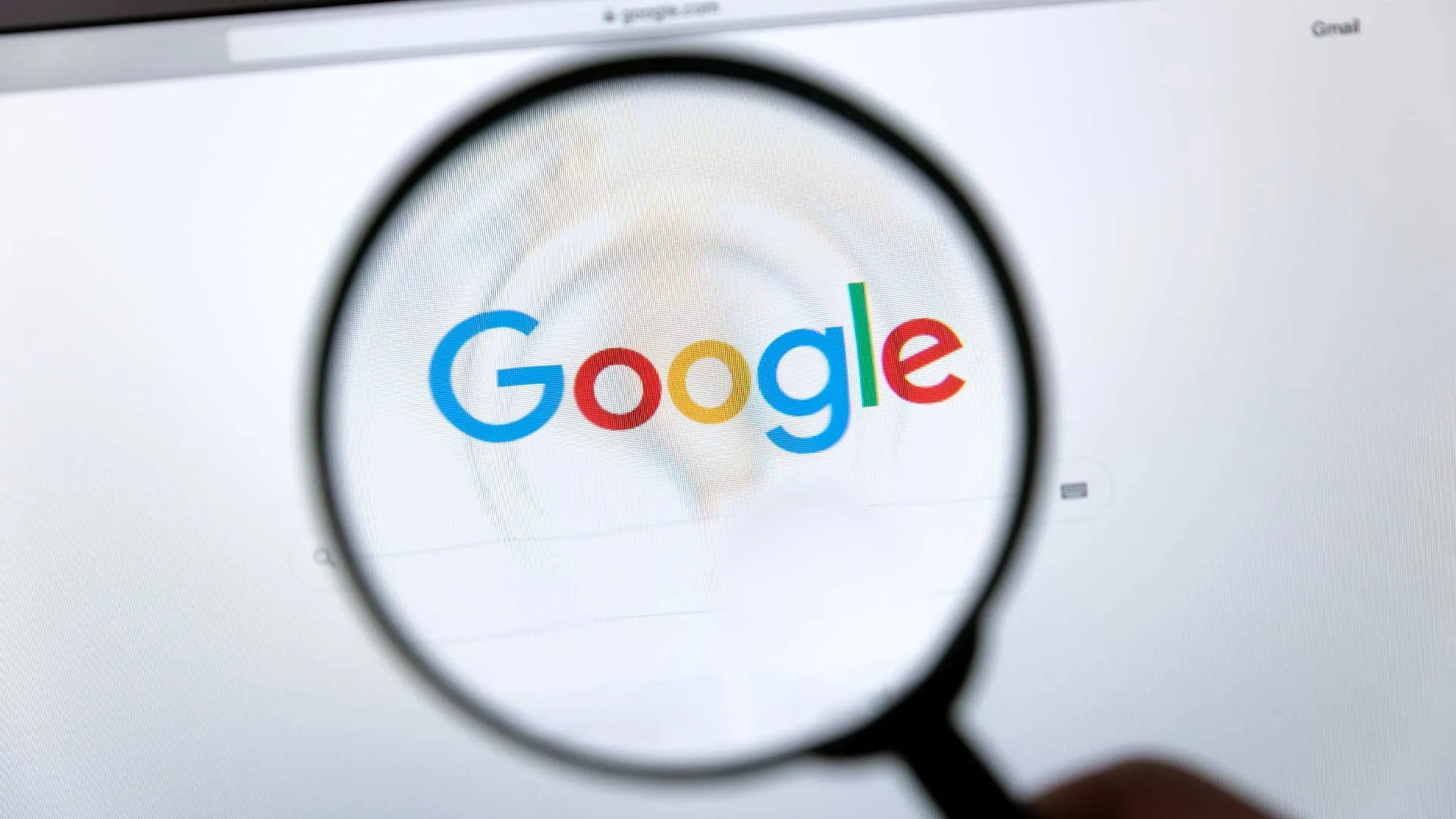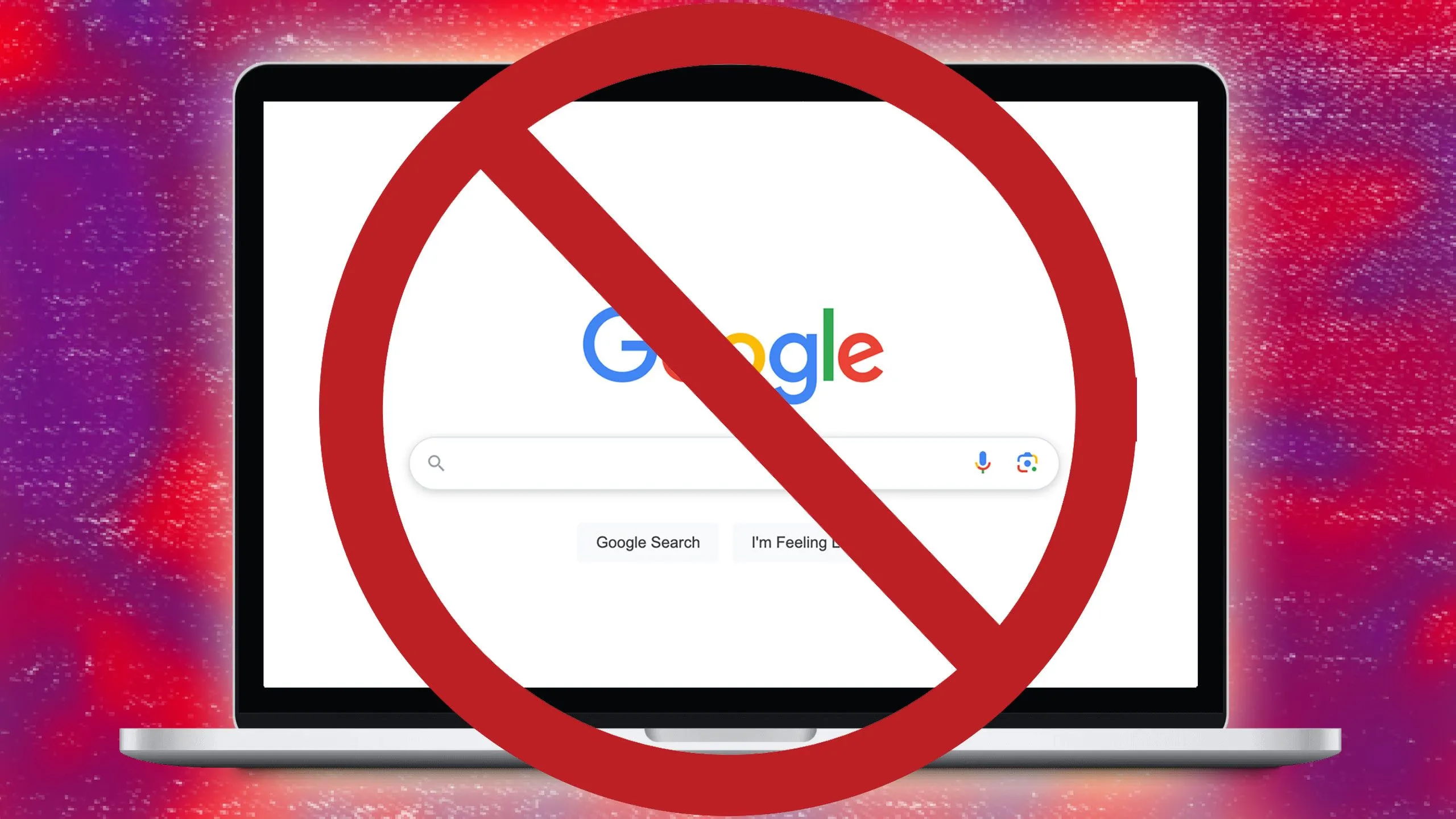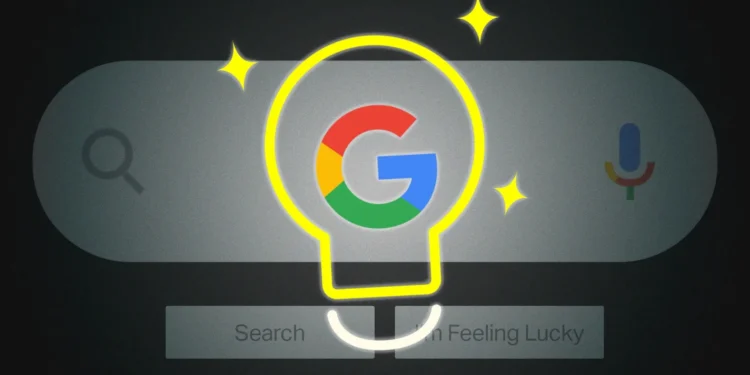In the digital age, our reliance on technology and internet services like Google Search has become akin to a basic utility—essential and expected to work flawlessly. Yet, recent experiences suggest a seismic shift in the reliability and trust we place in these services. From a personal perspective deeply rooted in daily interactions with Google, I’ve observed a troubling trend in the decline of its core product—search. The once-reliable tool appears plagued by inaccuracies and outdated information, prompting a critical reevaluation of its efficacy.

The Crumbling Cornerstone of Google
Google Search, once the cornerstone of Google’s suite of services, is showing cracks. From failing to update live scores during NHL games—a simple task it once managed effortlessly—to providing blatantly incorrect song release dates, the issues are not just annoying but fundamentally undermining the trust users have in it. For instance, during a recent Buffalo Sabres game, Google was unable to provide a live score update, a stark contrast to Bing, which displayed the score promptly. Similarly, a search for “Roadrunner” by The Modern Lovers returned the incorrect release year—a clear indication that something is amiss.
Beyond Simple Errors: A Pattern of Decline
These aren’t isolated incidents; they form a pattern that suggests a systemic problem. Whether it’s the integration of AI that prioritizes speed over accuracy, or a deeper issue within Google’s Knowledge Graph, the impact is significant. Regular users and tech enthusiasts alike are noticing that Google’s search results are increasingly populated with outdated forums, misleading information, and AI-generated content that fails to meet the needs of its users.

The AI Dilemma and User Discontent
The pivot to AI-driven results has not been without controversy. While intended to enhance efficiency, this shift has often led to less reliable information, culminating in a frustrating user experience. This has been particularly evident in cases where AI-generated summaries and recommendations have proven to be less than accurate, further diminishing the perceived reliability of Google’s search results.
The Broader Impact on User Trust and Market Dominance
As these issues persist, the broader implications for Google are significant. User trust, once arguably unshakeable, is wavering. This is not just about minor annoyances but a fundamental shift in how users perceive Google’s reliability. The ramifications are evident in market statistics as well; Google’s dominance in search is being challenged as younger users migrate to platforms like TikTok and YouTube for their search needs. This trend is a clear signal that Google may no longer be the default gateway to information on the internet.

The question of where to go from Google is complex. While alternatives like Bing and DuckDuckGo offer some respite, they do not yet match Google’s breadth of services. However, the ongoing issues with Google Search make exploring these alternatives more appealing than ever. As we navigate this shift, the need for a reliable search engine remains paramount, underscoring the critical role these platforms play in our daily digital lives. Whether Google can address these issues and restore user trust remains to be seen. But for now, the search for a reliable digital companion continues.










